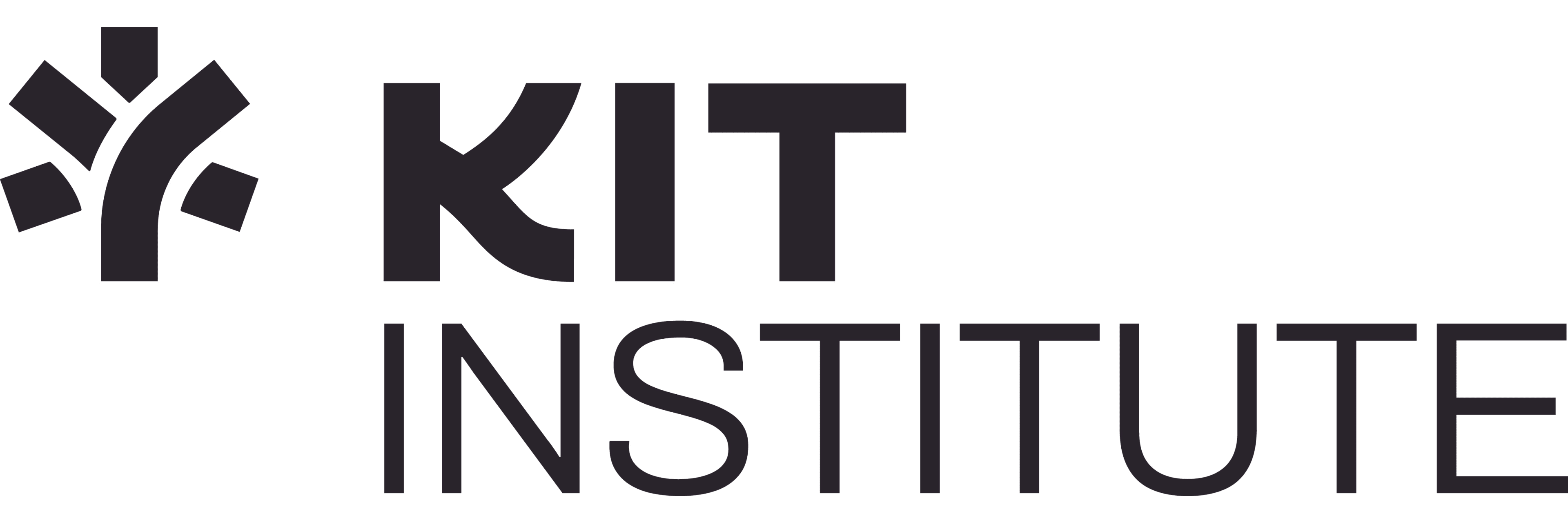Filters
Filters
- Preparatory
- Course
- Healthcare Programs
- Epidemiology
Sort by
6 Epidemiology Course Programs


Promoted
Institute of Tropical Medicine Antwerp
Course in Outbreak Investigations and Research
- Antwerp, Belgium
Course
Full time
3 weeks
On-Campus
English
This 3-week course is mainly for clinicians, health system and program managers, decision-makers, and researchers who are, or have been, involved in outbreak investigations and want to be able to identify and appraise research needs and opportunities and to develop and support research as part of the outbreak response. The course aims to enhance the specific skills needed to design and implement multi- and interdisciplinary outbreak investigations with a particular focus on relevant research before, during, and after acute phases of outbreaks.


KIT Institute
Course in Evidence for Public Health Responses: Statistical Methods in Epidemiology
- Amsterdam, Netherlands
Course
Full time
2 weeks
On-Campus
English
This course covers a comprehensive array of statistical methods essential for evidence-based public health responses. You will begin by learning the practical aspects of planning epidemiological field surveys, including the formulation of research questions, development of a protocol, field manuals, and the formulation of data analysis plans.


Harvard Office of the Vice Provost for Advances in Learning (VPAL) (Get Smarter Creative)
Global Health Delivery Online Short Course
- Cambridge, USA
Course
Part time
8 weeks
Distance Learning
English
Join a global health community in analyzing how power structures shape the response to disease with the Harvard VPAL Global Health Delivery online short course. In this course, you will analyze the spread of Ebola, HIV/AIDS and MDR-TB and the effect of mental health around the world. As you progress, you’ll consider how you can integrate learnings from these examples into your own practices. You’ll learn the interrelated biological and social factors that impact complex global health challenges and contextualize them by reviewing case studies. By the end of the course, you’ll have compiled a health intervention plan for real-world applications.
Best programs for you
Answer a few questions and we'll match you with programs!


Loma Linda University School of Pharmacy
Infectious Disease Pharmacy Fellowship
- Loma Linda, USA
Course
On-Campus
English
The Loma Linda University PGY2 Infectious Diseases Fellowship is a 24-month program designed to provide a fellow with the opportunity to experience various infectious disease practice settings, including adult, pediatric, neonatal, intensive care, transplant, oncology, and emergency medicine.


FutureLearn
Antimicrobial Stewardship: Managing Antibiotic Resistance Course - University of Dundee
- Online United Kingdom
Course
Part time
6 weeks
Distance Learning
English
Understand antibiotic resistance, and how antimicrobial stewardship can slow down or reduce it, with this free online course.


Riverside College Halton
Level 2 Award in the Prevention and Control of Infection
- Widnes, United Kingdom
Course
Full time, Part time
Distance Learning
English
By completing this course, learners will be equipped with a greater understanding of how to prevent and control the spread of infection in the workplace, which is crucial for any business where work activities could put employers at risk of contracting and passing on an infection.
Popular Healthcare Programs Epidemiology degree types
Popular study format
Popular locations
Learn more about Epidemiology Course programs
Epidemiology degree programs focus on understanding disease patterns, causes, and effects on populations. This area of study is vital in shaping public health policies and interventions.
Through courses in biostatistics, infectious disease epidemiology, and environmental health, students learn to analyze data, evaluate health trends, and identify risk factors for diseases. Students build confidence as they engage with new perspectives, developing skills in designing epidemiological studies and interpreting complex datasets. You'll explore the relationship between health and social factors, gaining a comprehensive understanding of disease prevention strategies.
As a part of your training, you’ll practice using statistical software to manage health data and apply modeling techniques to predict disease spread. Graduates typically pursue careers in public health agencies, research institutions, or healthcare organizations, where they can contribute to improving community health outcomes through informed decision-making and evidence-based practices.